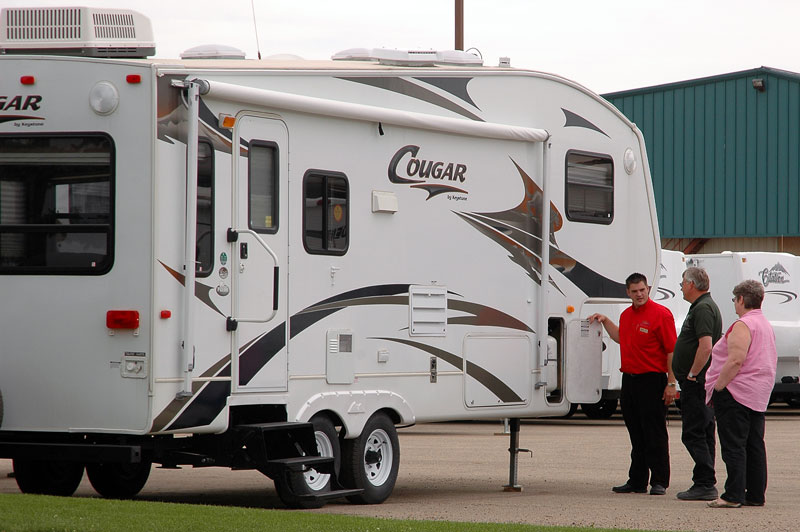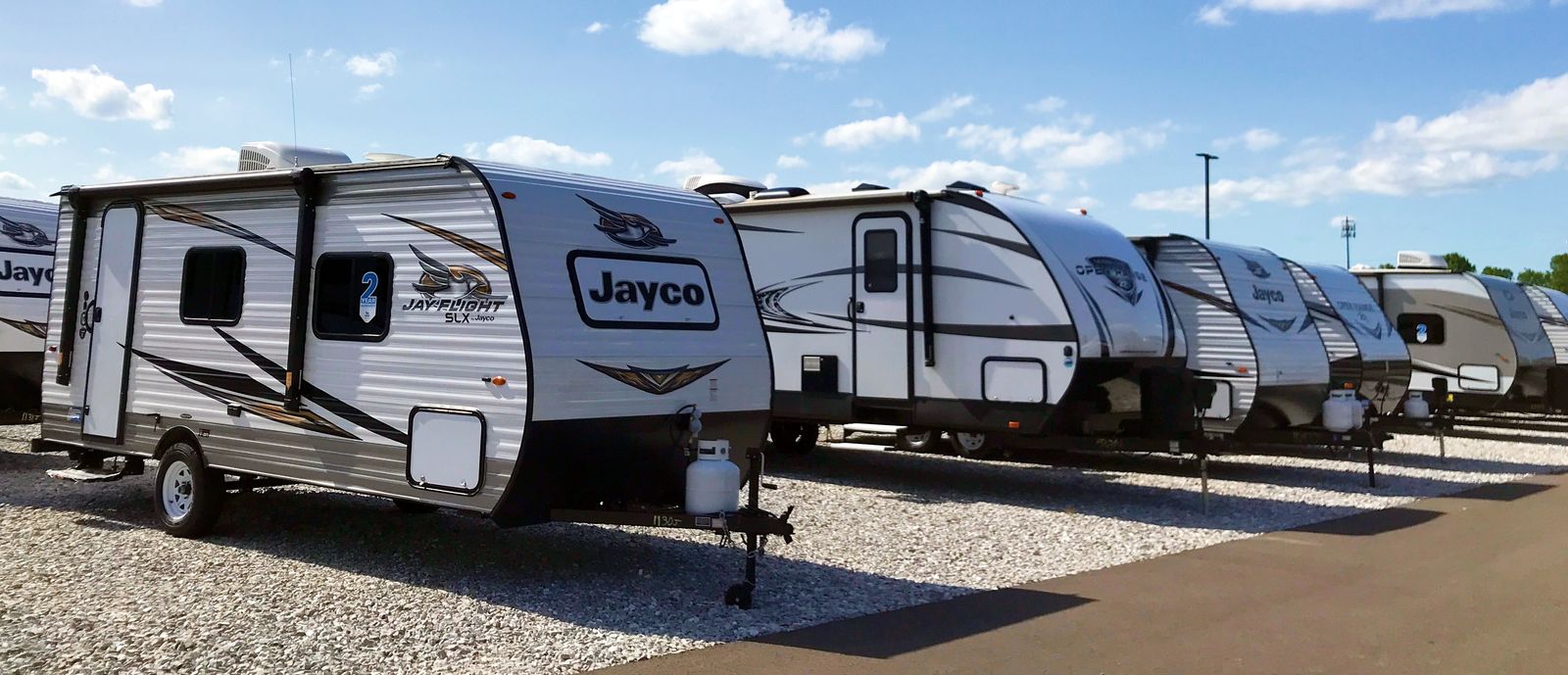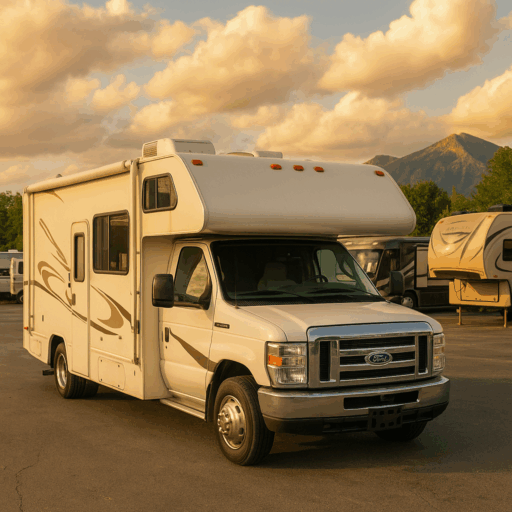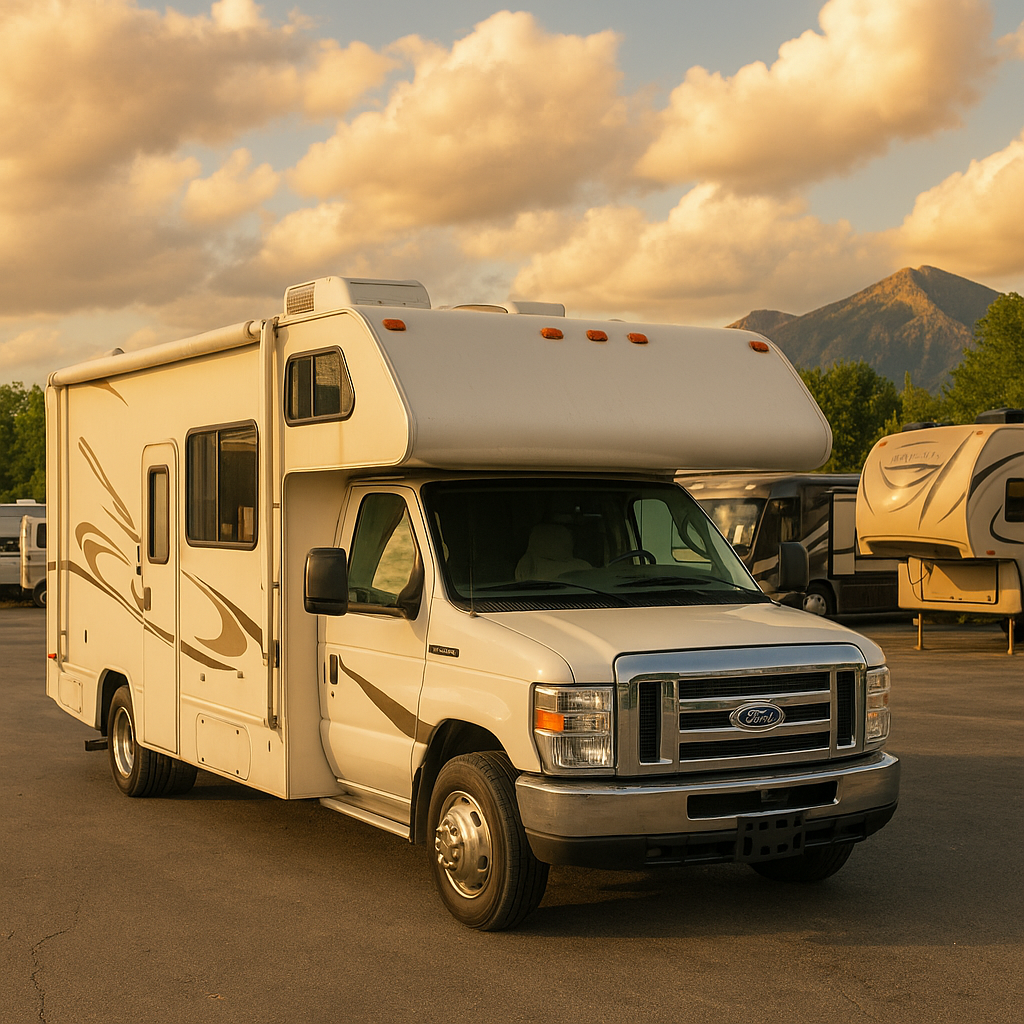The Call of the Road: Freedom Through RV Living
Waking up to birdsong near a forest. Brewing coffee as fog rolls off a lake. Watching sunsets from your window—with no rent, no landlord, no fixed schedule. This is the freedom that rv living promises.
Safety First: Check the RV’s Background
Before you fully commit to life on wheels, you need a dependable vehicle. Whether it’s from a dealer, a private sale, or an auction, start with a car accident history report to uncover hidden damage, odometer tampering, or multiple previous owner transfers. It’s the most critical step before handing over cash or arranging payment.
Why Buying a Used RV Makes Sense
A used RV offers major advantages. Lower prices, slower depreciation, and plenty of inventory from seasoned rvers. But it also demands greater diligence during the buying process.
How to Buy a New or Used RV Without Regrets
The process of buying a used RV involves far more than walking into a lot. It’s part inspection, part intuition, and part negotiation. It starts with knowing the important things to check.
Choose Between Dealer, Private Seller, or Online Platforms

You can find used rvs via:
- A certified rv dealer
- A private seller (local or long-distance)
- Online platforms like Trader of RV or Facebook Marketplace
- Auctions or classified sites
Each comes with pros and cons. Private party sales may offer better prices, but fewer guarantees.
Inspect Before You Commit
We strongly recommend a professional inspection. But also complete your own inspection before placing any payment. Walk the unit thoroughly and look for:
- Water damage
- Sagging roof or soft flooring
- Cracks around windows
- Stained ceiling (indicates leaks)
- Moldy smells
These signs reveal how well the unit has been maintained.
Roof and Tires: Top Priority Checkpoints
The roof is the most vulnerable part of an RV. Check for patchwork, bubbling, or discoloration. Poor sealing leads to costly repairs. Likewise, check tires for:
- Cracking
- Tread depth
- Age (check sidewall for the manufacturing date)
Both are expensive to replace—knowing their condition helps you negotiate the price.
Ask the Right Questions to the Seller
A smart buyer always asks:
- When was the last inspection?
- Any soft spots in the floor or roof?
- Is there a clear title or lien on it?
- Why are you selling it?
Answers from the seller give you insight into the used RV’s history and current condition.
The Importance of a Clean Title
A clean title means no salvage branding, lien, or rebuilt status. A clear title speeds up the registration process and avoids legal headaches. Never overlook this.
What Should You Pay?
Prices vary depending on:
- Type of rv (motorhome, travel trailer, fifth-wheel)
- Age and mileage
- Roof and tires condition
- Appliances (check the water heater, water pump)
- Location and season (off season often brings better deals)
Get three quotes and check similar listings to determine a good deal.
Why the Off Season Is a Smart Time to Shop
In winter or early spring, dealers clear inventory. Private sellers are more flexible. It’s the best way to buy a used RV at a competitive price. Fewer buyers mean less competition.
Tips to Get the Best Deal
- Offer cash for leverage
- Avoid large sums without documentation
- Never skip the test drive
- Check the license plates match the title
- Compare prices using multiple sites
Smart negotiating begins with preparation.
From Dream to Drive: How to Complete the Purchase

When buying a used rv, you must:
- Confirm title status
- Finalize payment method (bank, cashier’s check, verified cash)
- Fill out a bill of sale
- File with your DMV
Every buyer should document every step—especially during private sales.
Next Steps for RV Freedom
Once the keys are in hand, it’s not just about moving in. It’s about preparing for a lifestyle that’s flexible, adventurous, and at times—challenging. That’s the beauty of the RV lifestyle.
Living the RV Lifestyle: What to Expect After the Purchase
Stepping into your first rv is more than a purchase—it’s a mindset shift. The rv lifestyle blends mobility, simplicity, and adaptability. Whether parked in national forests or beachside camps, each morning brings a different view.
Freedom, But Not Without Responsibility
Owning a used RV means more independence—but also more attention to details. Everything from water pumps to generators requires upkeep. Without access to landlords or maintenance teams, the owner becomes both traveler and technician.
RV Living and the Hidden Costs
While RV life can save money, remember to account for:
- Fuel
- Campsite fees
- Unexpected repairs
- Insurance and registration
- Roadside assistance
- Maintenance on tires, brakes, and appliances
These aren’t daily concerns in a stationary home, but they matter on the move.
Tips for Maintaining a Well-Maintained Vehicle
To keep your used vehicle in good condition:
- Check the roof monthly
- Keep a log of services and repairs
- Rotate tires and check alignment
- Test propane systems before trips
- Clean seals and lubricate moving parts
These tips preserve value and prevent breakdowns.
Moldy Smells and Dry Rot: Warning Signs
While shopping, sniff carefully. Moldy smells often signal hidden rot or long-term water damage. Look under beds, in closets, and around sinks. Check wood panels for dry rot or warping.
Why It Pays to Walk Away
Even if the price looks tempting, walk if the seller can’t answer questions, won’t allow a test drive, or avoids showing a clean title. No rig is worth the headache of legal or mechanical issues.
Buying from RV Dealers: When It Makes Sense
Dealers of RV may cost more, but they provide:
- Financing options
- Warranties
- Professional prep
- Verified histories
- Registered business accountability
If it’s your first rv, a dealer may offer added peace of mind.
The Role of Private Sales in the RV Market
That said, many great used RVs are sold via private party. These often come with extras: leveling blocks, hoses, or kitchenware. Some private sellers even offer walkthroughs or support post-sale.
Buying a Used RV from Facebook Marketplace or RV Trader
Sites like Facebook Marketplace and Trader of RV are popular for connecting buyers with sellers. Always meet in public spaces, check VINs, and use third-party verification for the title.
Verify Everything—Twice
Before money changes hands, always:
- Verify VIN on both title and RV frame
- Confirm identity of seller
- Check bank holds for payment processing
- Ensure registration process is clear in your country
Buying blind leads to stress. Do your homework.
How to Pay for a Used RV
Some buyers choose cash to avoid loans. Others prefer using a bank for traceable payment. Avoid wire transfers unless through verified escrow. Never give large sums without contracts.
Final Thoughts: The Right RV Is Worth the Wait
Don’t rush. The right rv should feel like home—structurally sound, mechanically reliable, and emotionally exciting. With a solid plan, proper inspection, and honest seller, your rig becomes a passport to freedom.
Conclusion: The Freedom Is Real—If You Prepare Properly
Buying a used RV opens the door to adventure, flexibility, and financial control. But the freedom of living only comes with diligence. Research. Ask questions. Run a car accident history report. Inspect everything. Trust your gut.
In the end, every successful buyer knows this: preparation protects the journey.
FAQ
1. How can I tell if the water heater or water pump is working properly?
Run them while the seller is present. Look for leaks, listen for abnormal noise, and test pressure. Failure here can lead to costly repairs.
2. Are there risks with private sales?
Yes. No warranty, no legal recourse, and reliance on the seller’s honesty. Always inspect, request a clear title, and document the sale.
3. Should I pay more for a professionally inspected unit?
Yes—if you want peace of mind. A professional inspection may uncover hidden flaws a basic walkthrough misses.
4. Can I negotiate with dealers of RV the same way I would with private sellers?
Absolutely. Especially during the off season, dealers may offer deals, add-ons, or discounted prices if you’re ready to pay promptly.
5. What’s the biggest mistake people make when buying a used RV?
Rushing. Skipping the test drive, ignoring soft spots, or failing to check roof condition. Take your time. It’s a big purchase.


